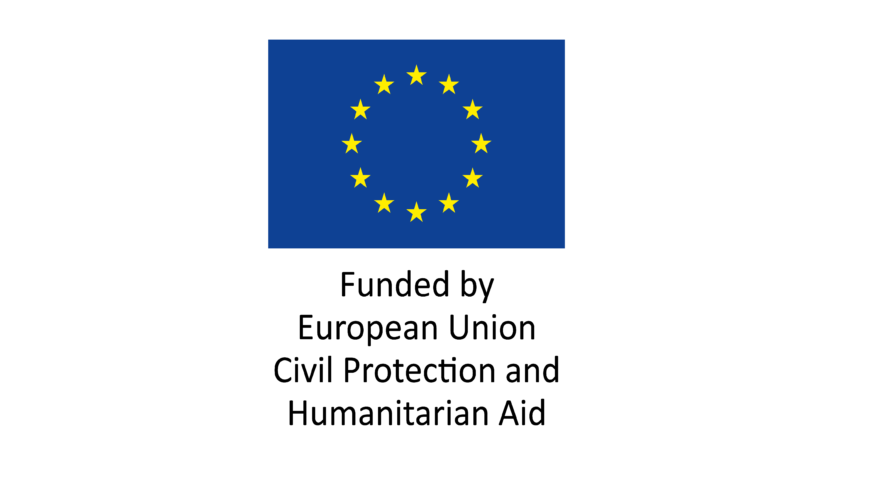UNHCR supports the Government of the Islamic Republic of Iran’s efforts to appeal for more equitable responsibility-sharing by the international community, within the framework of the Solutions Strategy for Afghan Refugees (SSAR), in line with the Global Compact on Refugees. UNHCR is grateful for the support provided by donors who contributed with earmarked funding for the operation in Iran, giving UNHCR the ability to support vital activities in critical areas. The support was particularly appreciated in the context of emergencies such as the heavy flooding in the northwest regions of Iran in 2019 and the COVID-19 pandemic in 2020, allowing UNHCR to amplify its emergency response and to better support refugees.
UNHCR Iran has observed a critical funding gap and a downward trend of funds received within the past years, despite growing humanitarian needs, linked both to the economic downturn in Iran, and to the COVID-19 crisis. UNHCR continues to advocate for greater support from the international community. The increases in funds in 2016 and 2020 were respectively linked to the temporary easing of economic sanctions on Iran in 2016, and to the fully-funded COVID-19 emergency in 2020. In regular times, it is worth noting that UNHCR Iran is consistently underfunded. UNHCR is however grateful to donors that continued to provide funding during such critical times, allowing UNHCR to ease some burden off of the government of Iran.
Donors of earmarked funding in 2020: (click on flag for donor profile, where available)
Donors of softly earmarked funding in 2020:
UNHCR is also thankful for donors of unearmarked funding in 2020, providing UNHCR Iran with the flexibility to channel resources to where they are most needed:
Denmark |
France |
Germany |
Italy |
Japan |
Netherlands |
Norway |
Sweden |
Switzerland |
United Kingdom |
Private Donors Italy |
Private Donors Japan |
Private Donors Republic of Korea |
Private Donors Spain |
Sweden |
Partners: The Bureau for Aliens and Foreign Immigrants’ Affairs (BAFIA) of the Ministry of Interior is UNHCR Iran’s main operational government counterpart. Additionally, tripartite Project Partnership Agreements exist with BAFIA and other partners. The Government of the Islamic Republic of Iran, UNHCR, and its national and international partners firmly root their assistance to Afghan refugees in the regional multi-year framework known as the Solutions Strategy for Afghan Refugees (SSAR). UNHCR, BAFIA, and other members of the SSAR hold joint coordination meetings frequently to discuss and review implementation and progress towards the strategy’s objectives and to share updates on priorities.
Government Partners:
- Ministry of Education (MoE)
- Literacy Movement Organization (LMO)
- Ministry of Health (MoH)
- Technical and Vocational Training Organization (TVTO)
- Iran Health Insurance Organization (IHIO)
Non-Government Organization partners:
- National NGOs: Association for Protection of Refugee Women and Children (HAMI), Society to Protect Children Suffering from Cancer (MAHAK), Society for Recovery Support (SRS), Rebirth Charity Organization (Rebirth), World Relief Foundation (WRF), Chain of Hope (COH); Pars Development Activists Institute (PDA), Iranian Life Quality Improvement Association (ILIA), Kiyana Cultural and Social Group (KIYANA), and Organization for Defending Victims of Violence (ODVV)
- UN Agencies and International Organizations: UNHCR coordinates with UN partner agencies, as well as NGOs and international organizations, under the umbrella of the Solution Strategy for Afghan Refugees (SSAR). UNHCR continues to collaborate with its network of partners and to implement joint activities.


